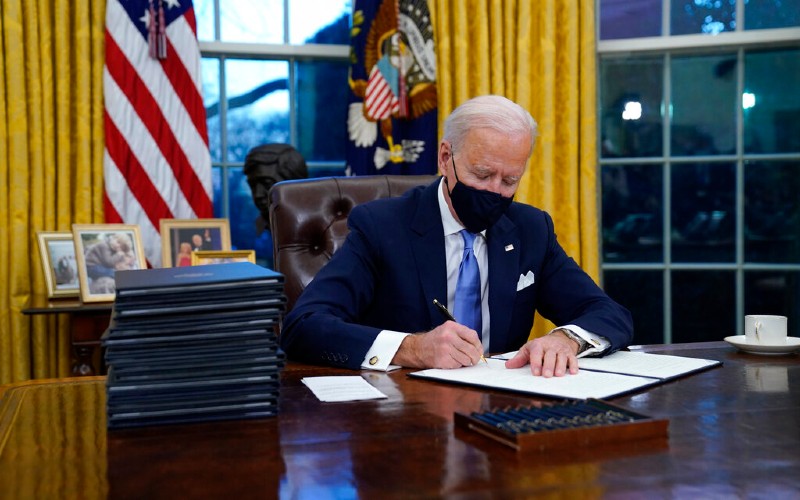"Arizona lawmakers passed a law to prohibit abortions solely because of a genetic abnormality, a genetic condition of the unborn child," Kathi Herrod, president of Center for Arizona Policy, tells AFN. "This is to protect unborn children from discrimination simply because they have been diagnosed with Down syndrome, cystic fibrosis, other types of genetic conditions."
A federal district judge in Phoenix said the law was unconstitutional. Still, Attorney General Mark Brnovich (R-Arizona) has gone all the way to the U.S. Supreme Court in an attempt to have the law enforced. Herrod shares that the state, her organization, and the attorney general value all life.

"We value the life of those with genetic conditions, [as well as] those without," she states. "So, an unborn child with a diagnosis of Down syndrome has just as much of a right to be born and to live a fulfilling life as any of us do."
Herrod adds that Arizona doesn't discriminate against born individuals because they have Down syndrome and other genetic conditions, arguing that "neither should we discriminate against unborn children in the womb because of a diagnosis of a genetic condition."
The Associated Press reports that Brnovich wrote in court papers that it's not right to call the law an abortion "ban." Under the law, he explained, a woman still could obtain an abortion in such circumstances if she doesn't say why she wants one or makes a decision independent of a fetal abnormality, among other reasons.







